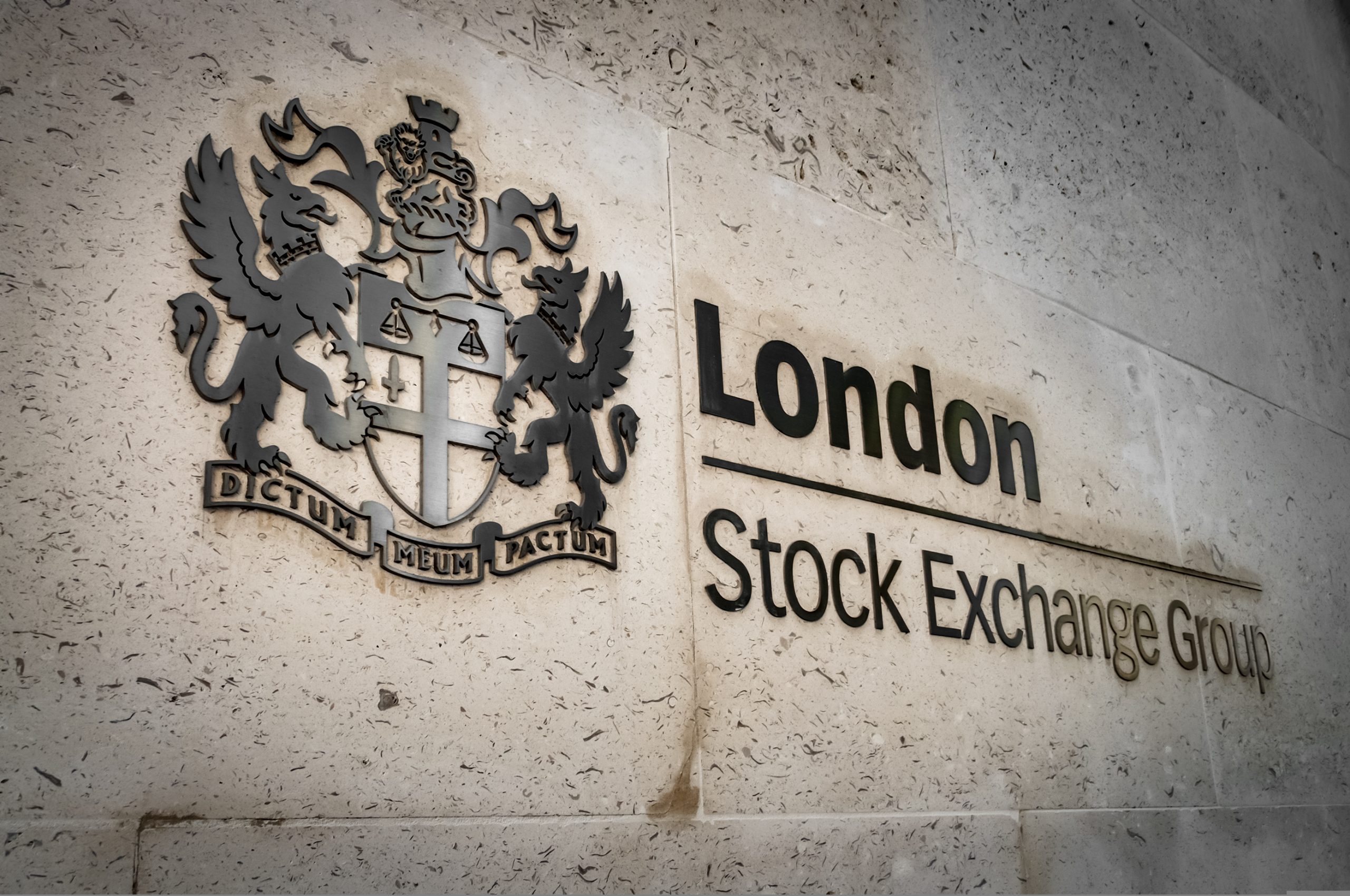

All investors use insights, trends, and data from across the globe to help them make decisions. Between the lines is an easy way for you to understand how a current topic might be impacting markets and influencing your investments.
On paper, the UK has been one of the best performing equity markets in recent years. Over the 12 months to the end of February, the FTSE 100 Index returned 9.6% compared to a return of 3.2% for the MSCI World Index. However, this is not the full picture and it is important to look beyond the headline figures.
The FTSE 100 Index has a heavy concentration of banks, pharmaceuticals, and mining stocks. These sectors have done well in the past couple of years – boosting the overall returns of the FTSE 100. However, their performance is masking a less positive reality. The UK has seen its weight in global indices declining, with companies leaving the London market and increasingly choosing to list elsewhere in the first place.
According to EY’s market tracker, IPO Eye, the decline is clear. In 2022, London saw just 45 listings, a 62% decline from 119 listings in 2021, and weaker than the global picture which saw a 45% decline in the volume of transactions. Companies already listed in London are also going elsewhere. Building material company CRH – one of the largest companies in the FTSE 100 – recently announced it was re-listing in the US. Shortly after, British computer-chip giant ARM – bought by Softbank for $32bn in 2016 – also chose to list in New York over a return to London.
The reasons are multiple. Aside from valuations, London’s listing requirements place a heavy emphasis on governance which is putting off cost-conscious boards. A perceived lack of liquidity has also made domestic investors look elsewhere. British pension and insurance funds, massive players in the market, have reduced their domestic stock holdings by 90% since 1990. Defined benefit schemes have preferred long-term bonds as a means of managing their liabilities and have seen their holdings in fixed income grow from 17% in 2000 to 72% in 2022.
London now operates in a more competitive world and companies have more choice when it comes to where they can raise capital. The UK equity market has a strong governance framework, and many healthy dividend payers but the recent decisions by CRH and ARM are another mark against investment sentiment toward the UK.
The changing nature of stock market listings also questions the benefits of a regionally-focused portfolio: a UK-focused portfolio, where only London-listed companies can be chosen, could limit future returns. This could also be said of any market as the performance of all sectors waxes and wanes (the US market suffered in 2022 due to its dominant tech sector underperforming).
The current issues impacting the UK, with companies seeing capital markets across the Atlantic as more attractive, again highlights the importance of a globally-diversified portfolio that can mitigate region-specific headwinds.
By clicking this link you are departing from the regulated site of Ablestoke Financial Planning LLP.
Neither Ablestoke Financial Planning LLP nor Quilter Financial Planning accept responsibility for the accuracy of the information contained with this site.
Open Link